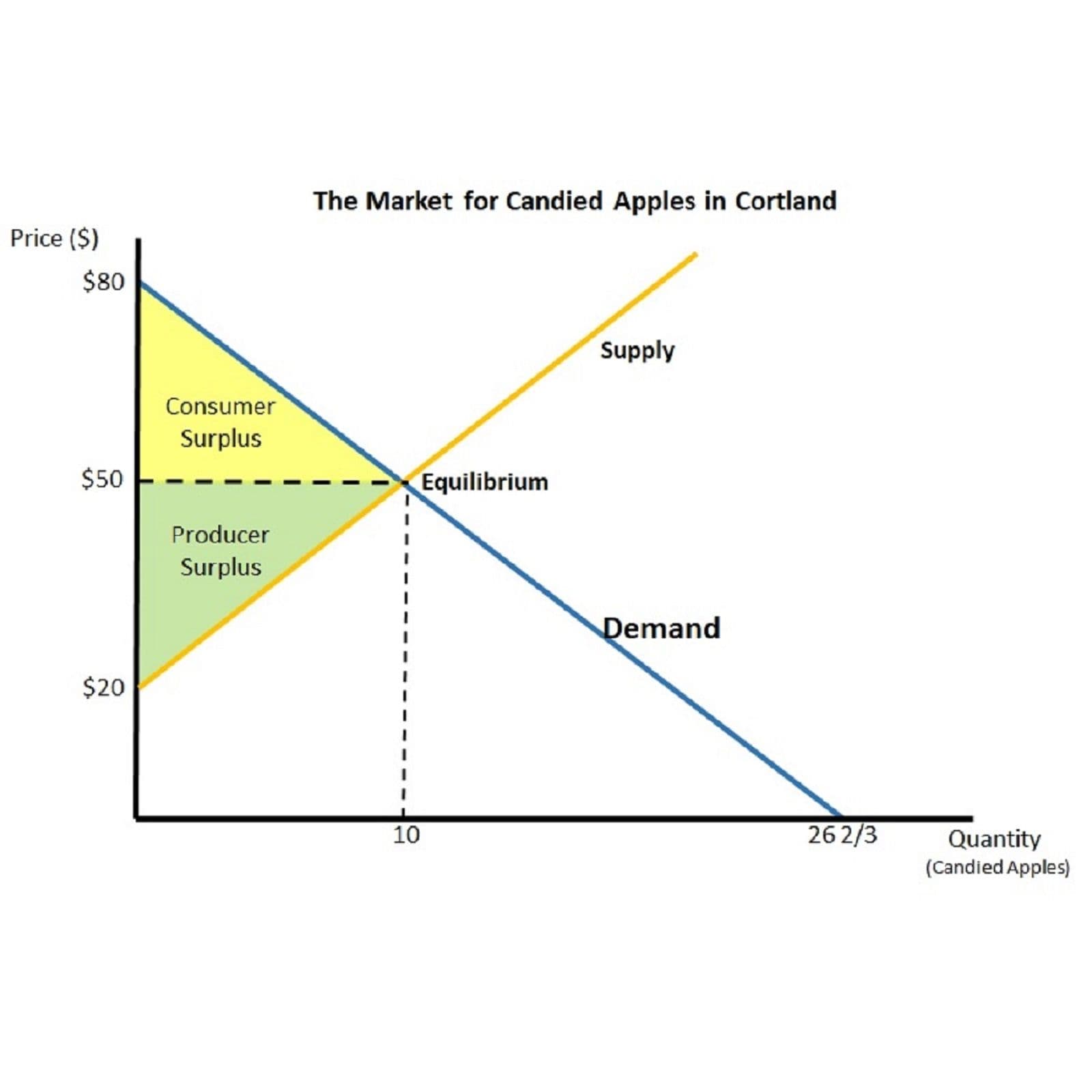Education
We don't always behave the way economic models say we will. We don't save enough for retirement. We order dessert when we're supposed to be dieting. We give donations when we could keep our money for ourselves. Again and again, we fail to act rationally and selfishly — the way traditional economics expects us to. We've seen this during the coronavirus crisis: People selflessly mobilizing to help each other, like the retired Kansas farmer who sent an N95 mask to New York to help a nurse or a doctor. At the same time, though, we've also seen some people do exactly what economic theory assumes they will: Place their own self-interest above everything else. There are those who have even tried to profit from the pandemic, like the man in New York accused of stockpiling N95 masks to sell at an inflated price. Think about this man who hoarded masks and the man who donated a mask. In almost every sphere, our public and economic policies are designed around the assumption that most of us are going to behave like the first man. Legislators pass laws that take aim at transgressors. Regulators and police departments come up with rules that punish lawbreakers. Parents and teachers discipline truants.

